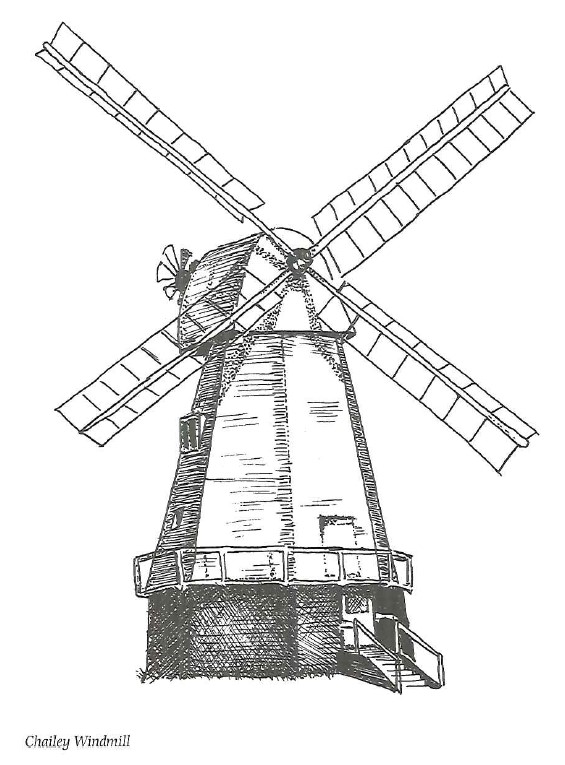Rather overshadowed by Rye, only half a mile to the south, but fiercely proud of the fact that it was once held to be more important. Pleidenam occupies a distinct place in the Domesday Book, whereas Rye at that time was only part of Rameslie under the Manor of Brede.
It was suggested that the county highways department should celebrate this fact by putting up special road signs proclaiming the village’s antiquity on the 900th anniversary of Domesday.
Like an upright citizen with skeletons in the closet, proud Playden once had another name, and a shadier past. Long ago, when the men of the village were still close enough to the receding sea to catch cod they would salt the fish and spread them on the roadside banks to dry, earning the name Salcot or Sauket Street. An old proverb asserts:
“Sauket church, crooked steeple, Drunken parson, wicked people.”
The man in charge of the leper hospital here in 1379 seems to have been the sort of rogue this sweeping condemnation of the population was aimed at. Robert de Burton was said to have ‘made waste, sale, destruction and dilapidation of the Hospital and its goods, to the final destruction of it.’ He was also accused of felling oaks for his own profit and of selling corn which was meant for the benefit of the poor.
In later years Playden’s wicked people seem to have mellowed. When Robert Walker could not afford to comply with the Act of 1678 and bury his daughter Anne in woollen cloth his £5 penalty was paid by Thomas Rogeres and John Duke, according to the church records.
A Flemish brewer was buried here in 1530, his trade denoted by the two casks and a crossed mashstick and fork ornamenting the black stone slab in the north aisle. The incised drawings were once inlaid with brass.
Wartime evacuation brought an influx of children from Camberwell to the village. They shared the school with the locals – but it was a case of never the twain shall meet because the Playden youngsters used it in the mornings and the WI hall in the afternoons (when the ‘big girls’ were required to knit khaki socks for soldiers) then the following week it was the turn of the Londoners to have the school in the mornings and the hall in the afternoons.
